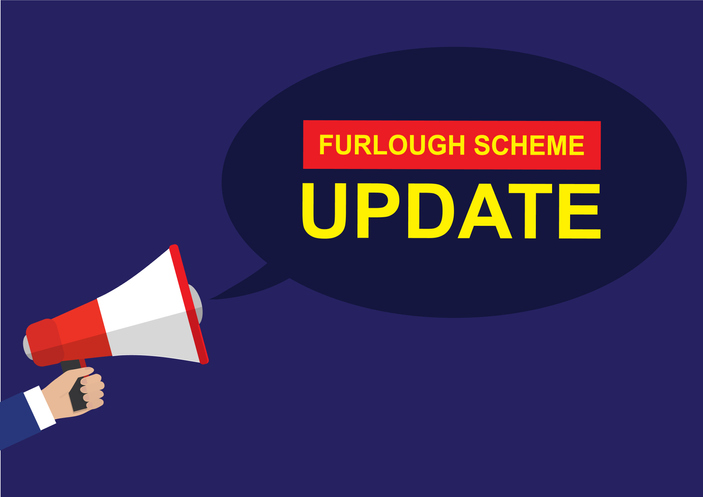Back to the Furlough
**Updated 15th March 2021** Rishi Sunak takes us Back to the Future with furlough extension.
The government has announced in its Spring 2021 Budget that the Coronavirus Job Retention Scheme (“CJRS”) shall be extended again, with employers able to place employees on furlough until the end of September 2021. The separate Job Support Scheme, which had been due to replace the CJRS, remains indefinitely postponed, with guidance relating to the JSS withdrawn from the government’s website.
Under the rules of the extended CJRS, employees on furlough will continue to receive 80% of their wages, capped at £2,500 per month, for all hours not worked. The government will continue to cover these costs up to 30 June 2021, with employers picking up the cost of employer’s national insurance contributions and certain pension payments only.
From 1 July 2021, the government’s contribution will decrease to 70% of the employee’s wages, capped at £2,187.50 per month, and employers must contribute the remaining 10%. From 1 August 2021, the government’s contribution will decrease further to 60% of the employee’s wages, capped at £1,875 per month, with the employer contributing the remaining 20%. Employers must continue to pay employer national insurance contributions and certain pension payments in respect of all unworked hours.
All employers with a local bank account and a UK PAYE scheme can potentially claim support under the CJRS and employers do not need to have used the scheme previously. For periods ending on or before 30 April 2021, employers can claim for employees that have not previously been placed on furlough, provided that they were on the payroll by 11.59pm on 30 October 2020. For periods starting on or after 1 May 2021, employers can claim for employees that have been employed from 2 March 2021.
Flexible furlough is still available and accordingly employees can work part-time, in a similar manner to before. Employers will still need to claim for a minimum period of seven consecutive calendar days. Any hours that an employee works will be paid in the normal manner and an employer will be responsible for paying the tax and national insurance that is due on those sums.
Employers remain free to top up wages above the scheme grant if they choose to do so.
The rules relating to CJRS and the furloughing of employees have been updated on several occasions and may change again in future. If you have any questions at all then please do not hesitate to contact me at [email protected] or on 07919 328 122.

